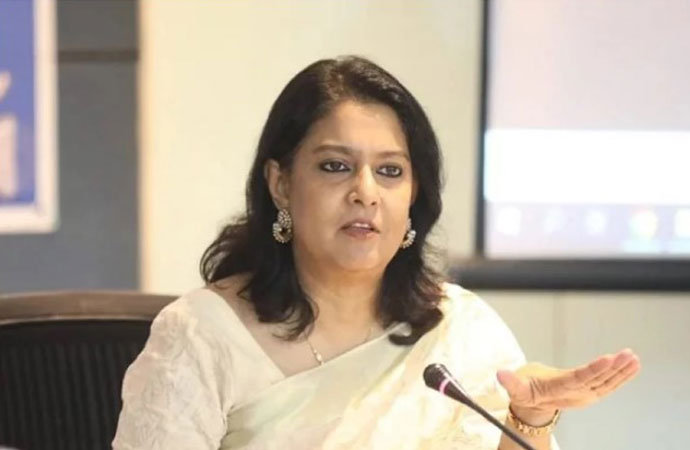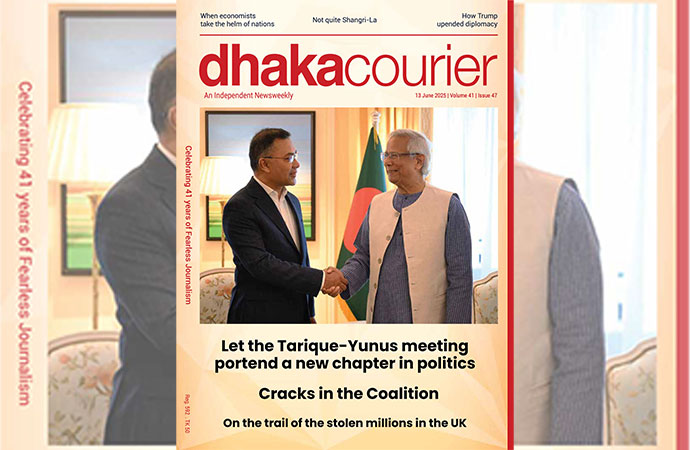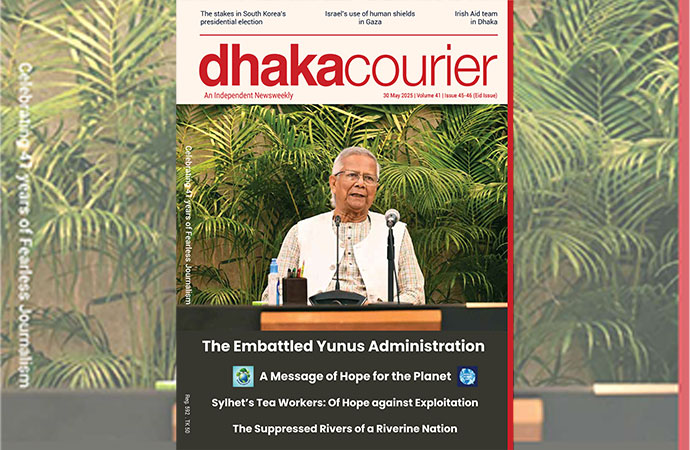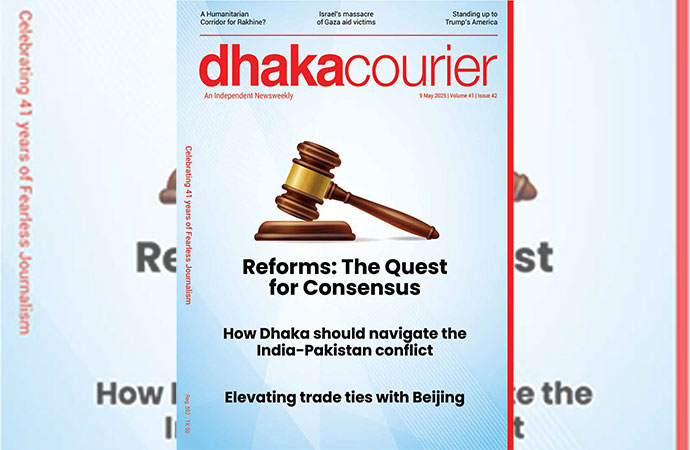Featured 2

Film Score Philharmonic Orchestra performing at the opening ceremony of Tokyo International Film Festival. Photo credit: TIFF 2020
Corona virus is still holding its reign over a large part of our world and in some of the places, like Europe and America, a third wave of virus spread has prompted a renewed lockdown, dampening the hope of an early resumption of much of the regular activities. To avoid the possibilities of spread of infection, many of the major film festival in countries around the world had already turned virtual and some cases festivals have even been declared cancelled or postponed for an indefinite period. All such steps had been taken in line with the official position of respective governments. Though the concern for public safety was what compelled the authorities to take such drastic measures, they no doubt had robbed film lover and spectators from the chance of getting a due share of pomp and galore that are associated with such events. We all know for sure that when things go wrong, we are left with no other option other than waiting for a return of normalcy. In many parts of the world a return of that normalcy seems a long way to come.
In Japan the corona situation has not come under full control, neither the spread had been stopped totally. However, there is a significant difference with many other countries where the virus is still causing havoc. Despite daily figures of virus detecting hovering around 200 and above, the death rate in Japan has dropped significantly, thus raising the hope that all is not lost. This, in turn, has prompted the organizers of the Tokyo International Film Festival (TIFF) to go ahead with the planned holding of his year's event, though in a significantly changed format and framework.
Much of the air travel between Japan and other countries still remain suspended and a forced quarantine of incoming passengers are also in place. The reality of such situation is making sure that despite the scheduled holding of TIFF 2020, the festival will not be able to welcome guests and dignitaries from overseas. Any international event cannot claim itself to be international without the participation from other countries and TIFF organizers had to trim the program for this year's festival to fit in with this changing situation. It must be said they had done it successfully as the opening ceremony on October 31 had clearly displayed.
TIFF 2020 had to dump the competition sections in all three groups and instead is asking the audience to cast their ballots for the films they like most. Thus, this year's event will have only one winner and no foreign guest, no celebrities form overseas and no invited media representatives from countries outside Japan. Thus, it turns out to be a symbolic defiance of TIFF to go ahead with arranging the festival in a hybrid manner where real screening of films will be accompanied by a number of online events. And this symbolic defiance of TIFF is conveying the important message that whatever the threat might be, humanity has the power to overcome that and move ahead.
Last Friday's opening ceremony had all the elements of a film festival, despite in a downgrade scale. A short red carpet walk by film makers and celebrities of Japanese film world was followed by a stage-event and screening of the opening film. Strict safety measures were in place to check any possible virus contamination. Attendees of the event were advised to follow social distancing and wear face mask all the time. Moreover, post-opening reception, where people usually come close to each other, was cancelled as a safety measure. However, despite all such drawbacks, the festival kicked-off at Tokyo International Forum in Hibiya with no less enthusiasm of the organizers as well as participants.
The festival was declared open by the TIFF Festival Committee Chairman Hiroyasu Ando, who, appearing on the stage welcomed the audience with the message that overcoming the challenge of holding the festival at a time when the world is going through a difficult time was not an easy task and it became possible only because of their believe in the power of film even at the period of darkness. He also underlined that by holding the festival physically what TIFF wanted was to keep the beacon of film lit. He then declared the festival open.
The opening declaration by TIFF Chairman was followed by a lively performance of classical music by the Film Score Philharmonic Orchestra playing a compendium of familiar theme songs from some of the world's prominent and much-loved films. This was followed by the stage appearance of film makers and stars whose films have been selected for this year's festival entry. The noted exception from the pack of Japanese participants was the Malaysian director Edmond Yeo, who appeared on stage after a two-week quarantine. His joint Japanese-Malaysian production Malu is among 32 films that are slotted in the group of Tokyo Premiere 2020 group.
The stage appearance event was followed by the screening of the opening film "Underdog", a Japanese drama focusing on a boxer never making it to the glory of the ring and hitting the rock bottom as he tried to crawl out of the pit.
For next ten days over 100 films will be screened at selected venues, including 32 titles for the special Tokyo Premiere 2020, which are eligible for TIFF Audience Award. In addition, a number of online talks and symposiums are also being arranged to accommodate filmmakers from overseas.

























Leave a Comment
Recent Posts
Enayetullah Khan to represent ...
Enayetullah Khan, Editor-in-Chief of United News of Bangladesh (UNB), ...
The tragedy in Ahmedabad touch ...
Air crashes are inherently international incidents, and the emotions t ...
Asset recovery a key focus; breakthroughs from talks ..
'It'll inspire youths to build Bangladesh they dream ..
UK envoy Sarah Cooke happy with Yunus’ visit to Brit ..
Prof Yunus honoured with prestigious Harmony Award b ..